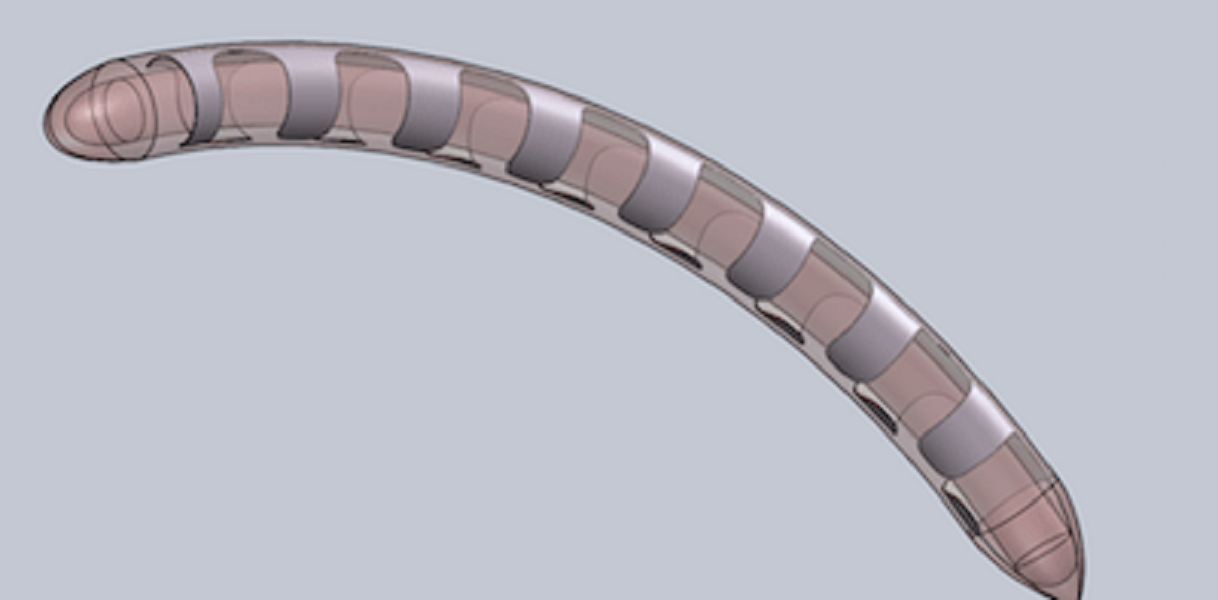Heat-activated 'bionic penis' to treat erectile dysfunction heading to market
Scientist who invented implant now working on remote control device to activate it.
A heat-activated 'bionic penis' could be available for patients with erectile dysfunction within five years. The implant is made from nitinol — a nickel-titanium alloy — and it expands and becomes erect, increasing penis length and girth as a result.
US Scientists announced the successful testing of the implant in November, and lead author Brian Le, from the University of Wisconsin-Madison, has now said they are working on a remote-controlled heating device that can be waved over the penis to activate it.
Erectile dysfunction is very common, especially among older men. It is estimated that half of all men between 40 and 70 will experience it to some degree. Causes include narrowing of the blood vessels going to the penis, cancer, hormonal problems, surgery/injury as well as anxiety and depression. Around a third of men do not respond to drugs like Viagra.
At present, few surgical options are available. The most commonly used product is an inflatable pump, but this can be difficult to use resulting in complications. Another surgical implant sometimes used leaves men with a permanently erect penis and comes with the risk of tissue damage.
Le's exoskeleton works by inserting the implant into the penis. The nitinol is known for its superelastic properties and is already used in other medical devices. At room temperature, the implant remains flaccid, but when heat is applied it expands to a shape it 'remembers' – straightening to give the user an erect penis.


Read more:
Why the penis bone is the most diverse bone of all - and why humans don't have one
First US penis transplant successfully carried out on Thomas Manning
Tests showed the implant had a similar effect as a standard inflatable device and could be repeatedly cycled. "We demonstrated that an Ni-Ti-based prosthesis can produce the mechanical forces necessary for producing a simulated erection without the need for a pump or reservoir, comparable with existing prostheses," the scientists wrote in the journal Urology.
Le now hopes to develop the remote-controlled heat activator. He said that if the research continues to reach its milestones, it will be available as a treatment within five to 10 years. The next step is to test the device in animals then humans.
"We're hoping that, with a better device, a better patient experience, and a simpler surgery, more urologists would perform this operation, and more patients would want to try the device," he said, adding: "It's a survivorship issue – restoring function can help people feel whole in their bodies again."

© Copyright IBTimes 2025. All rights reserved.






















